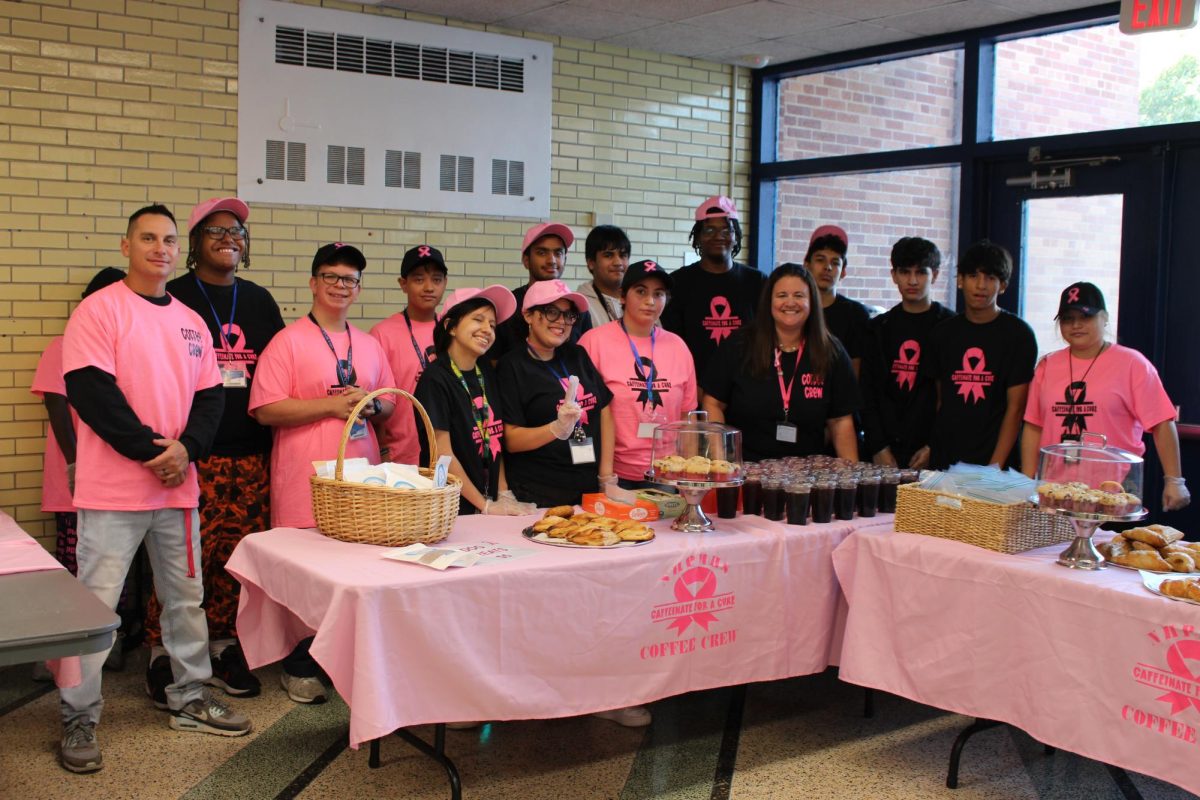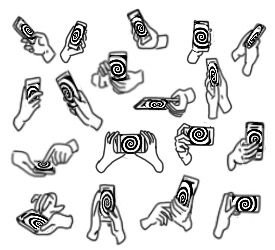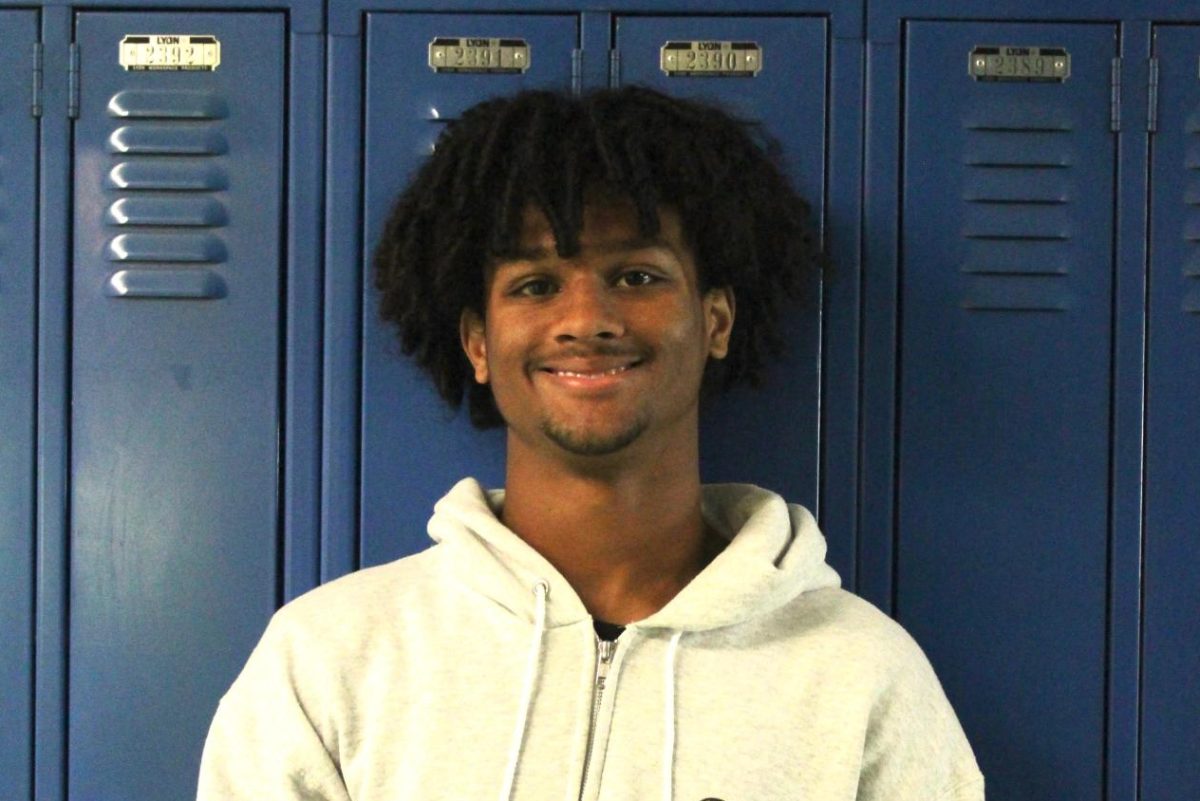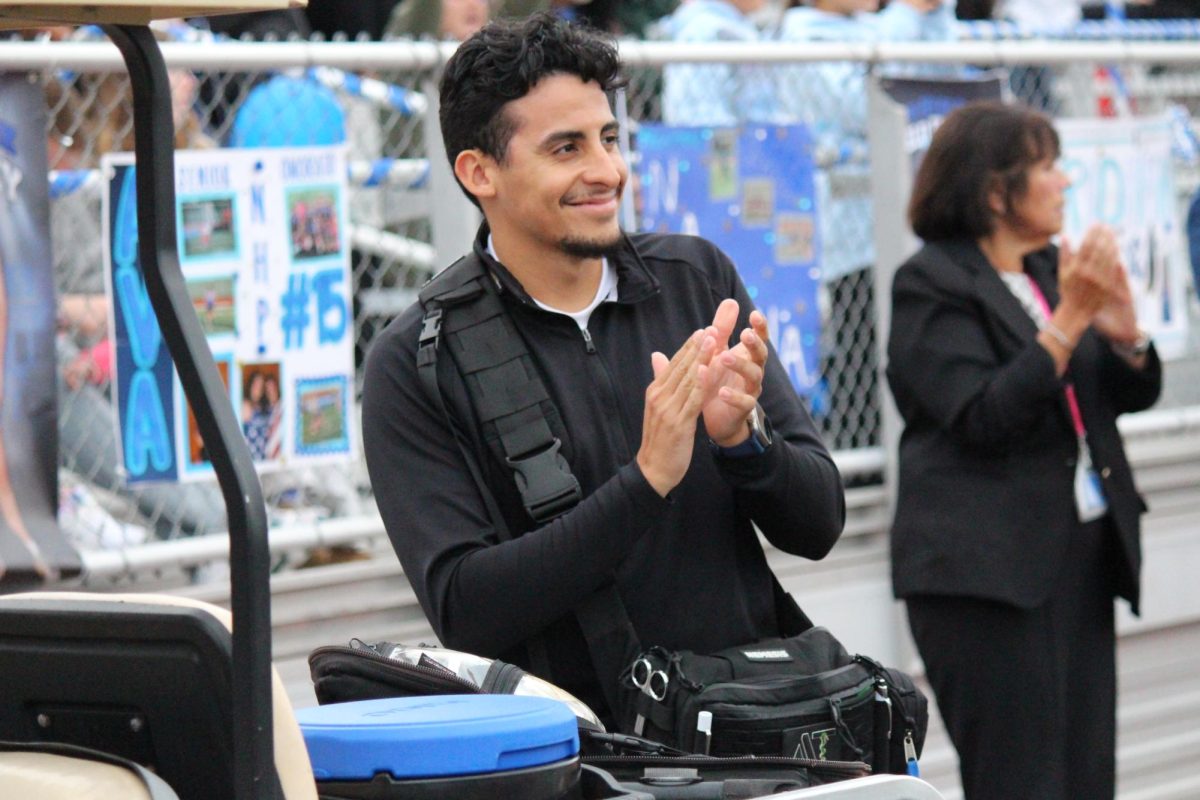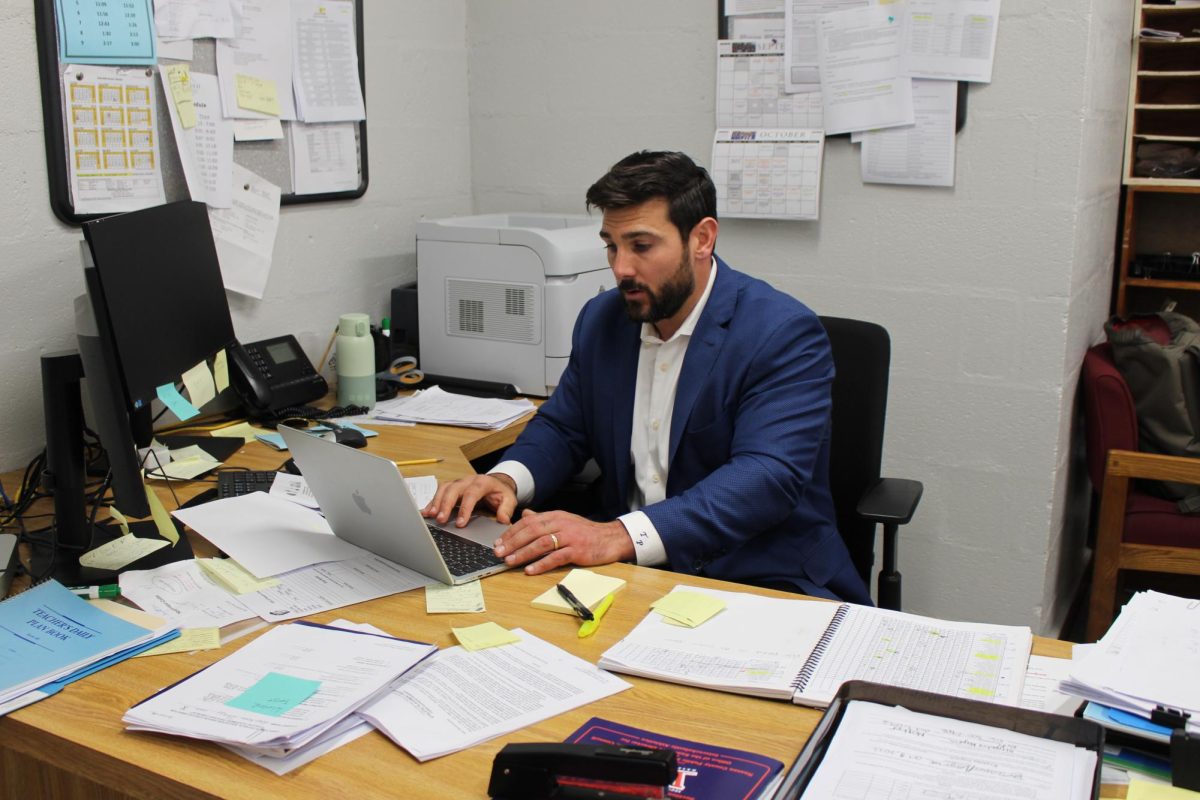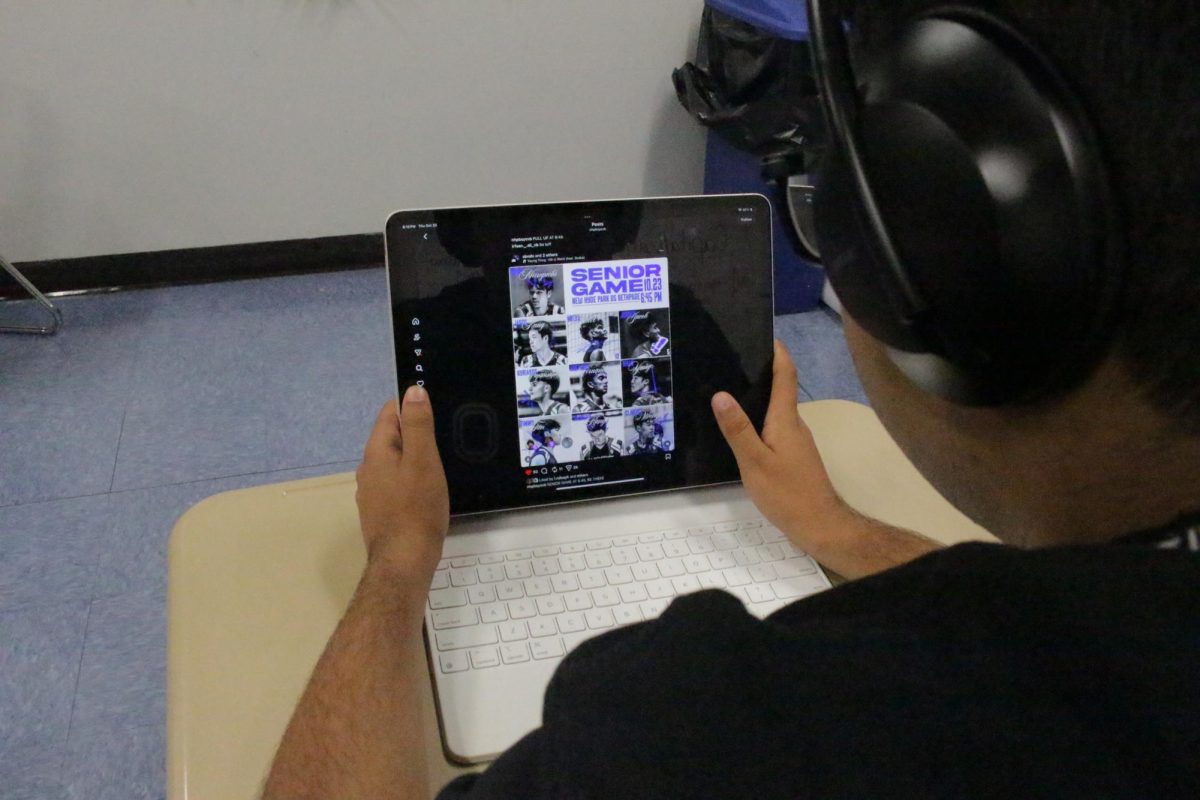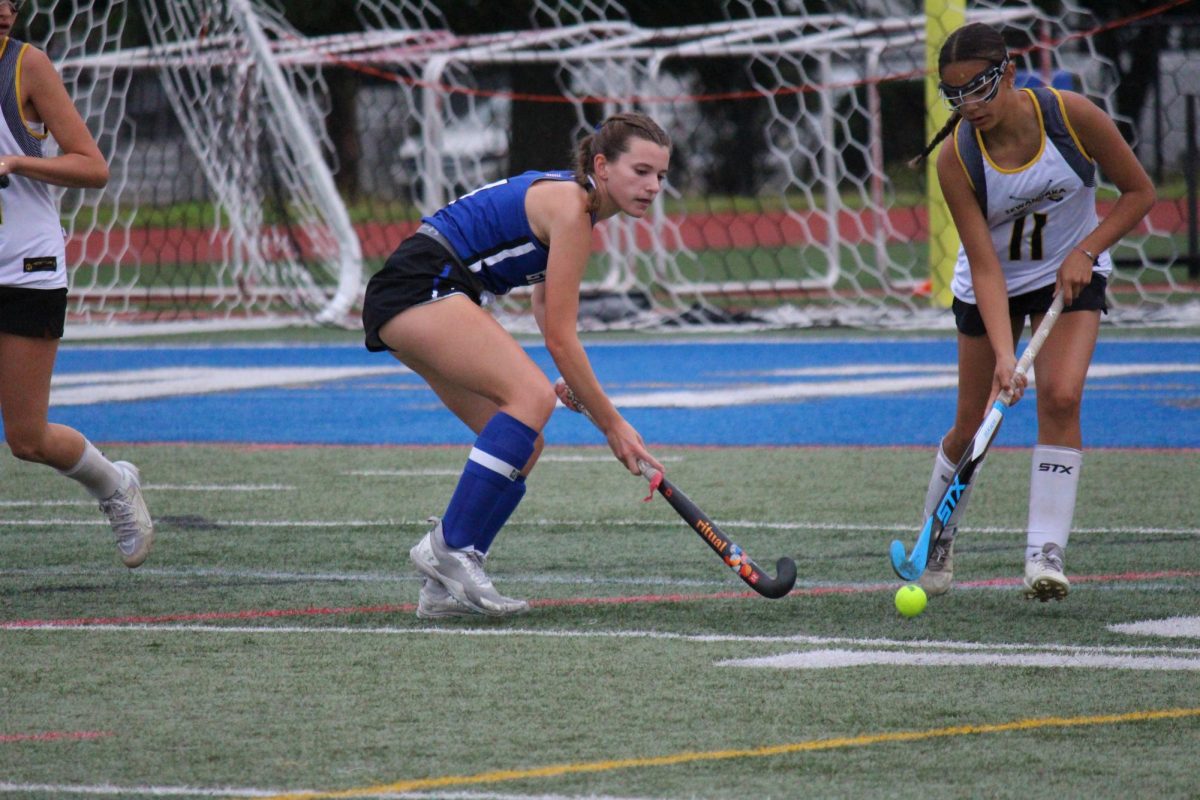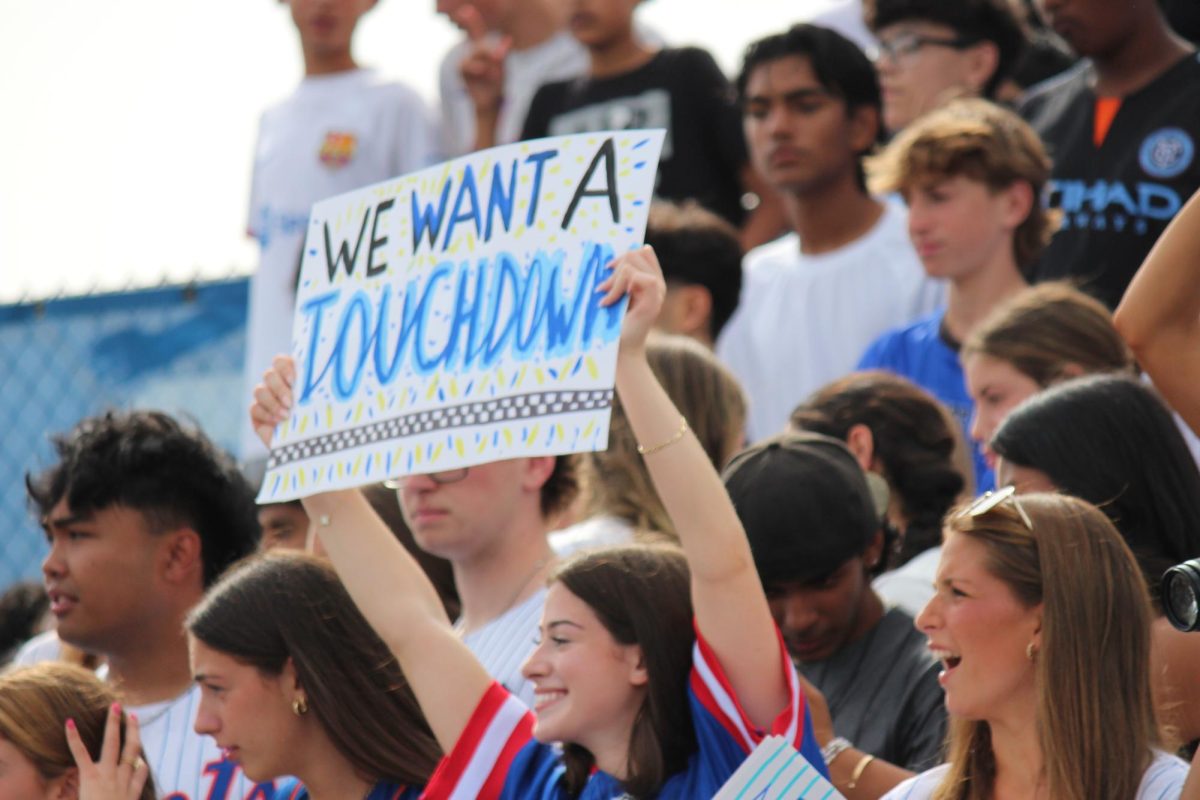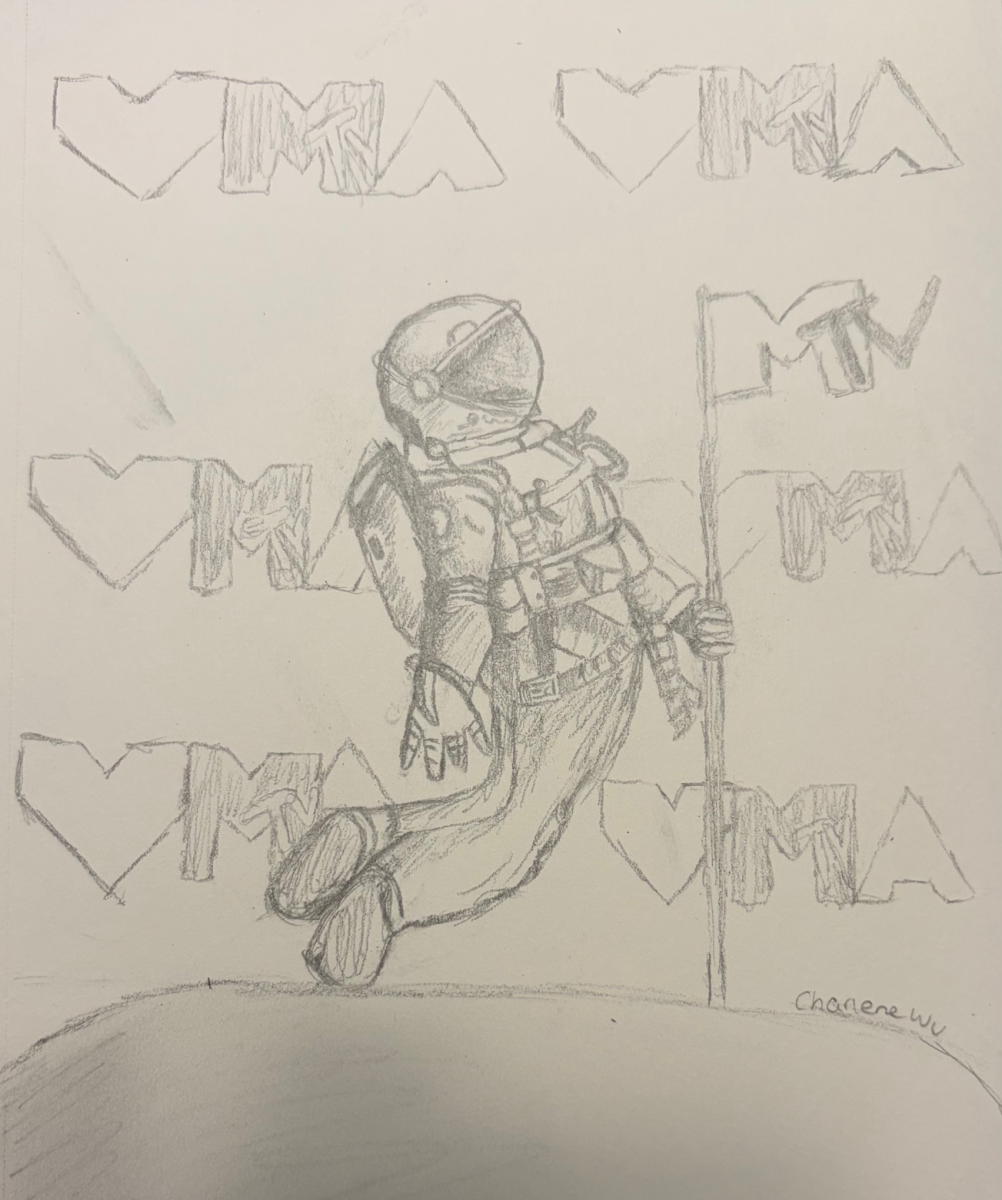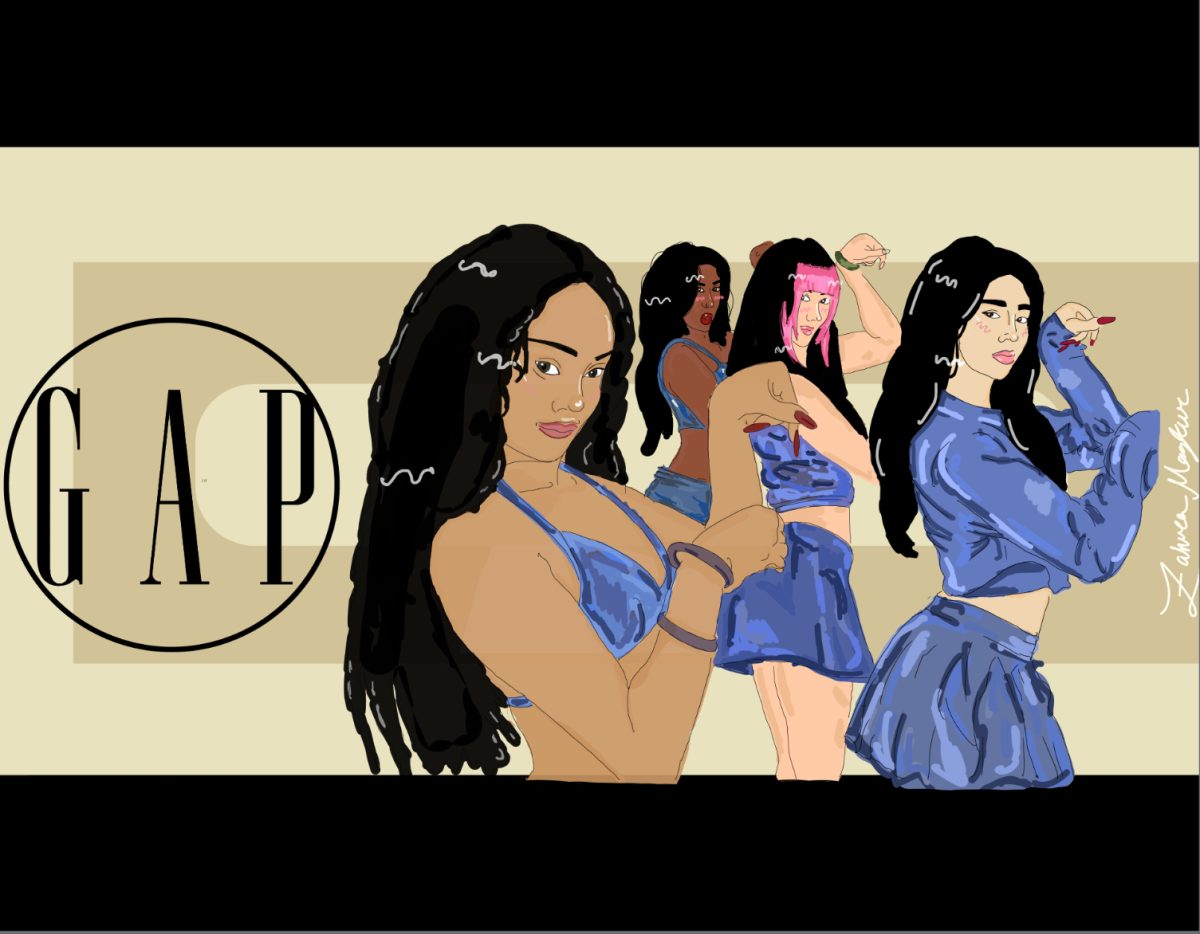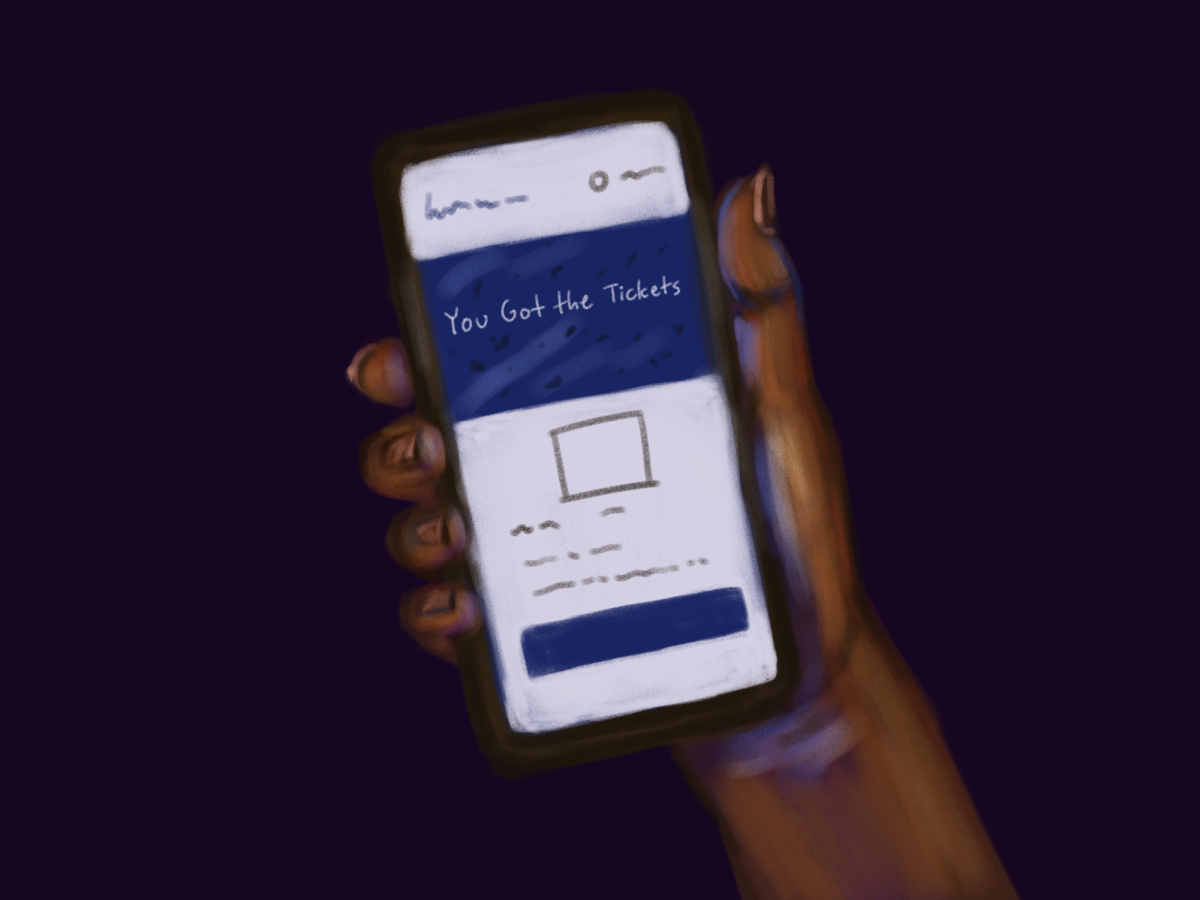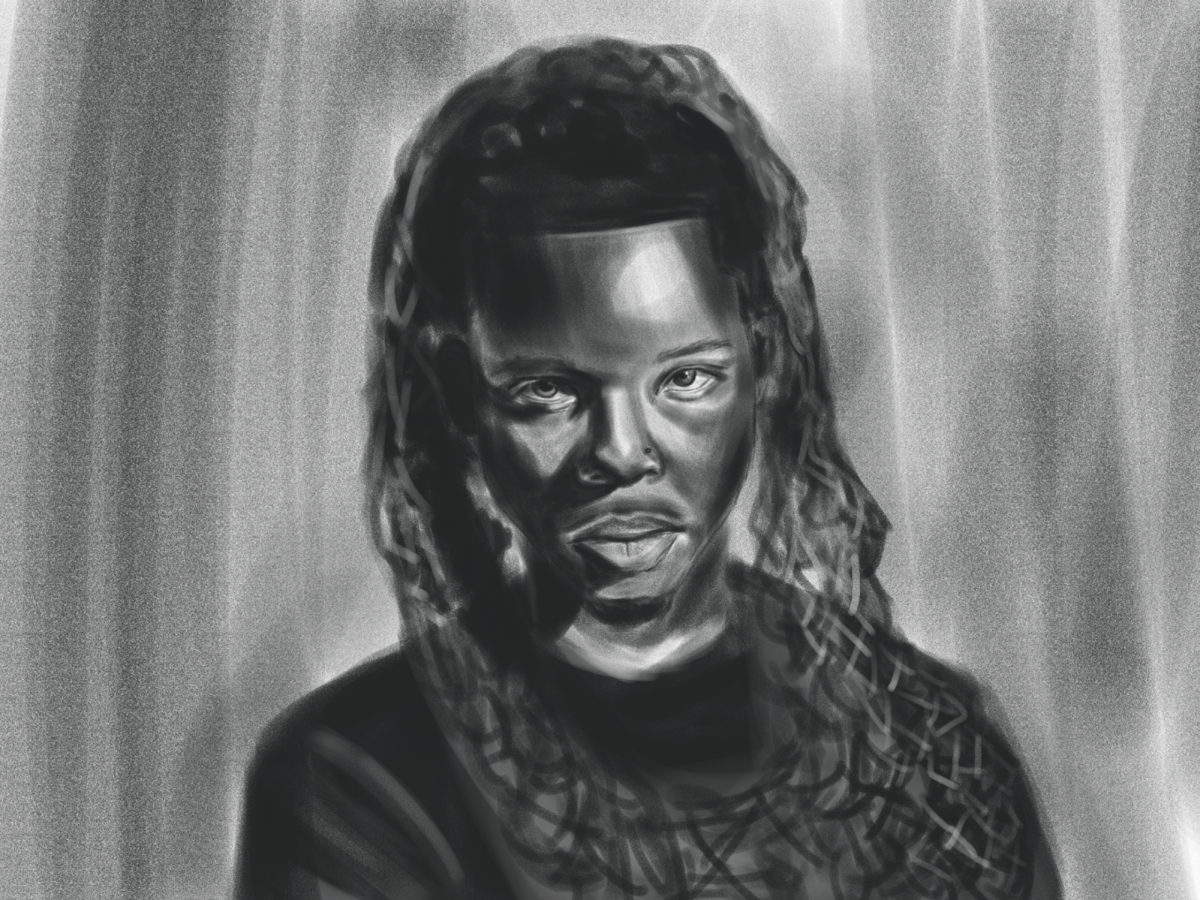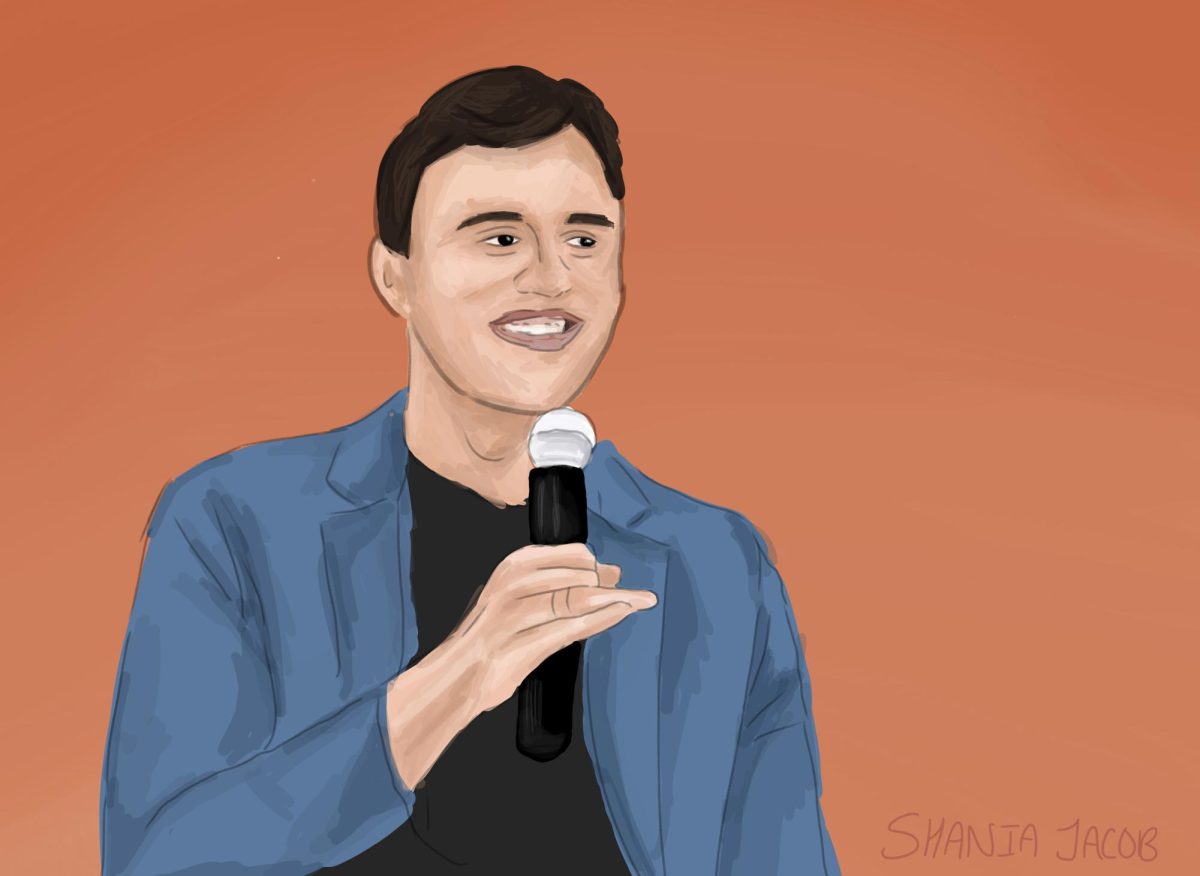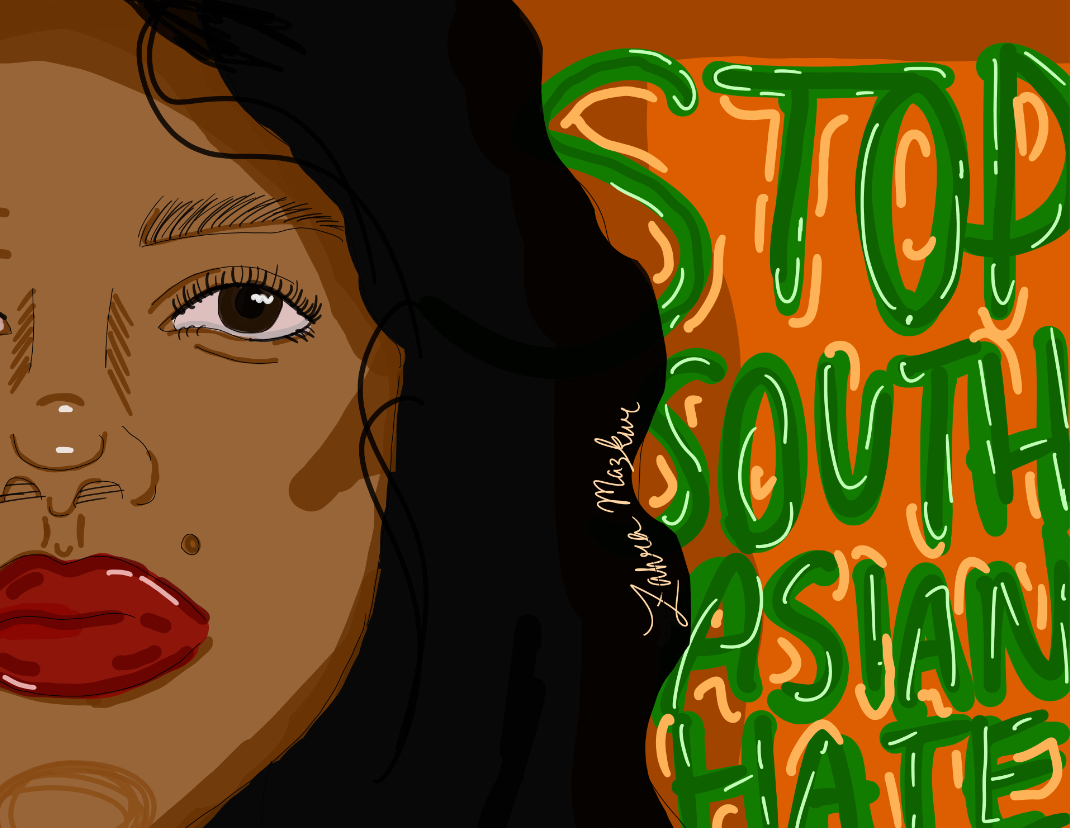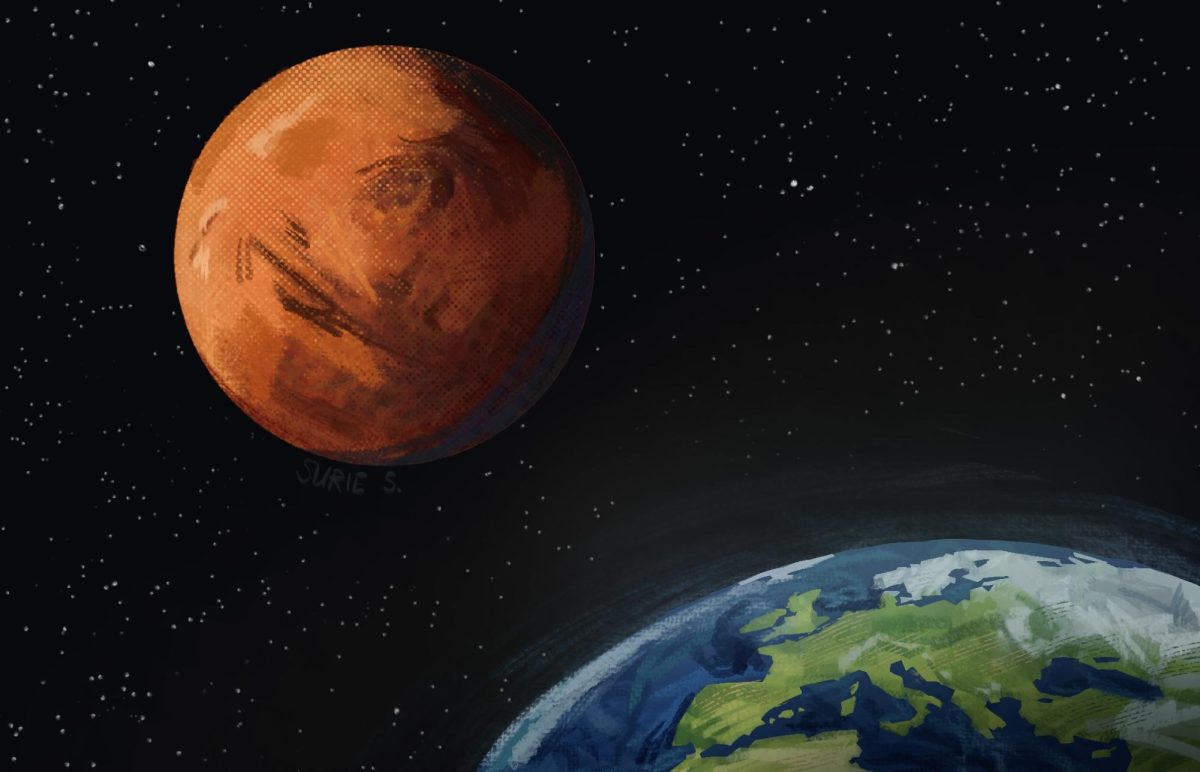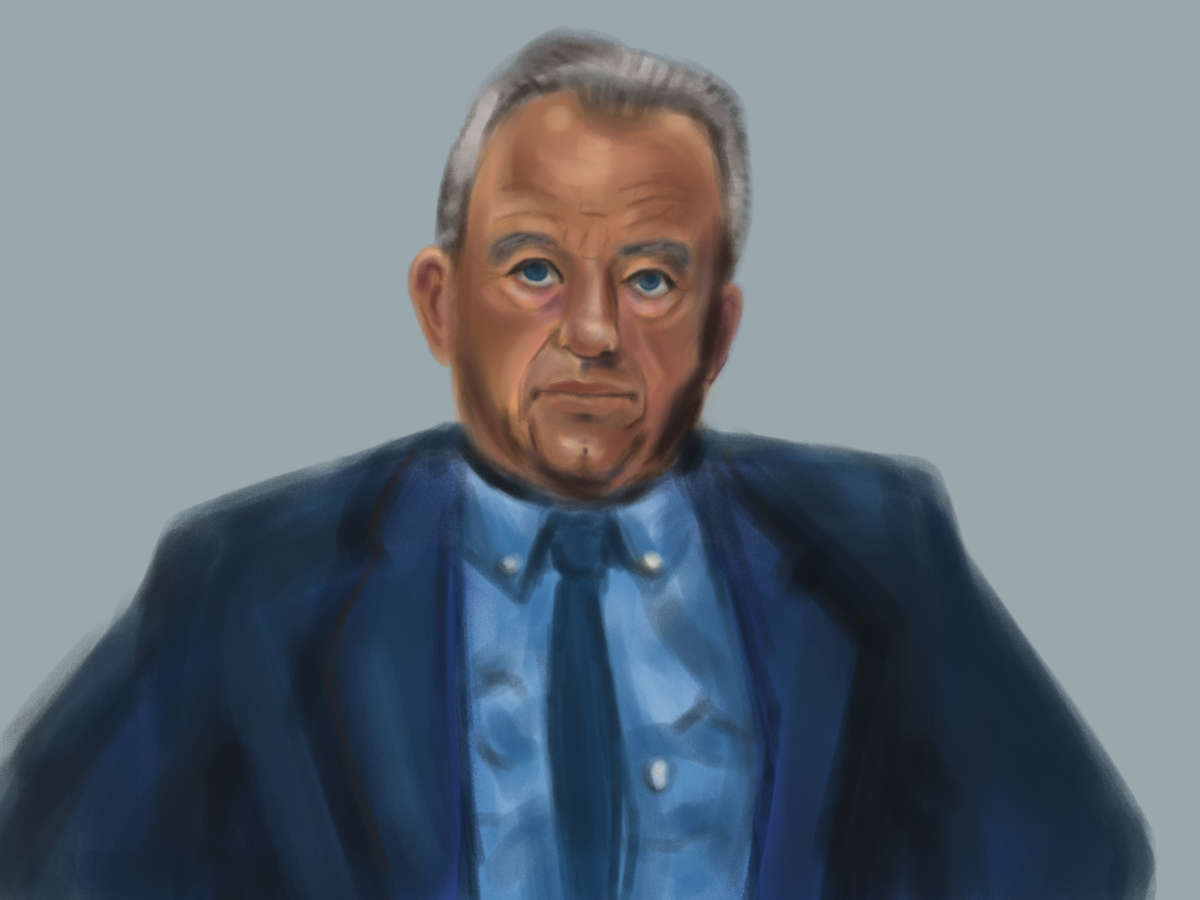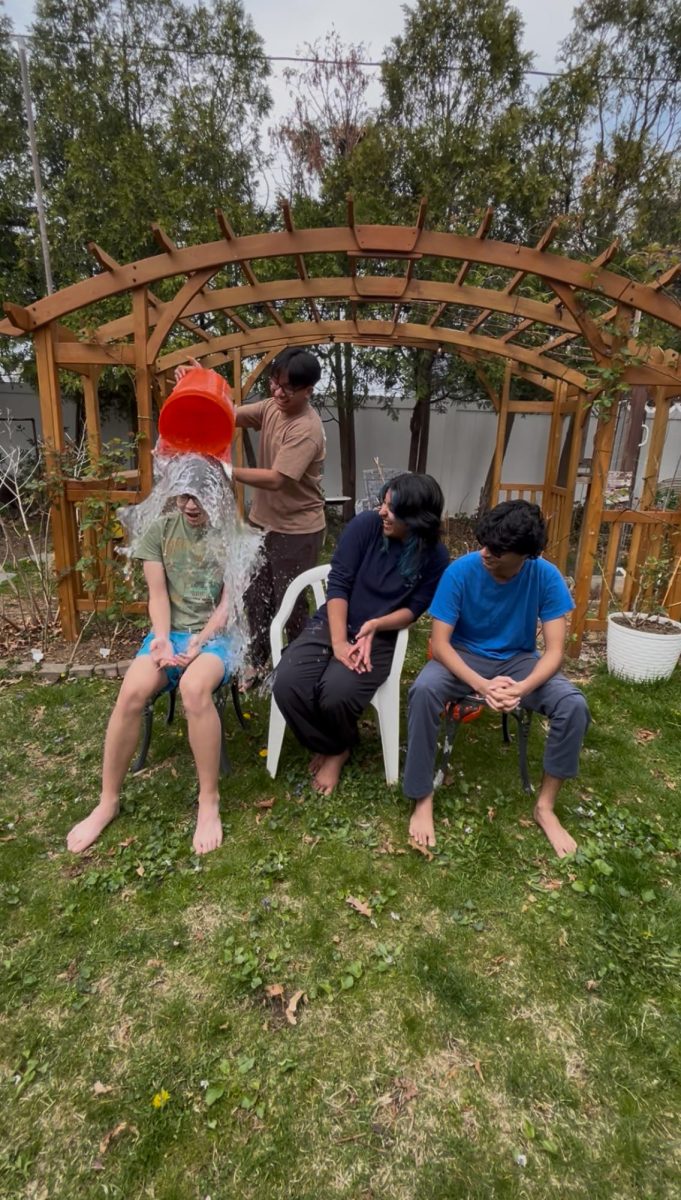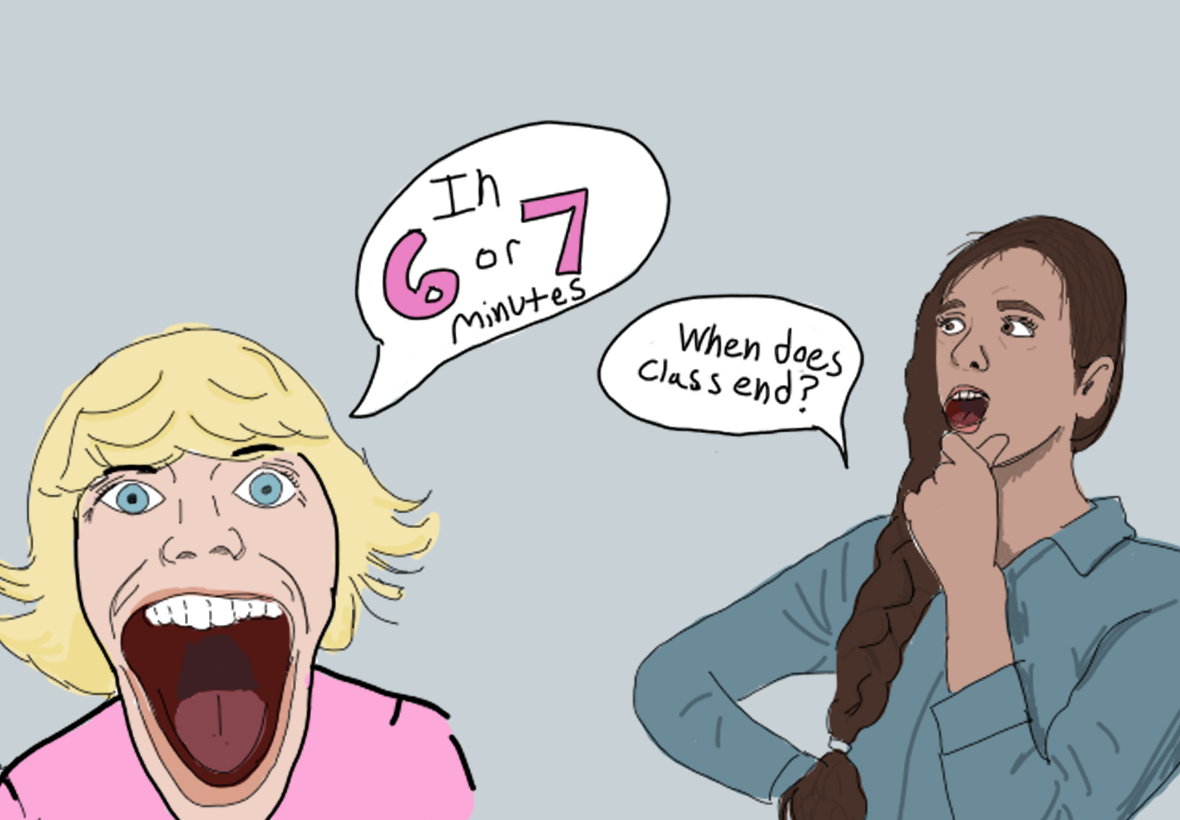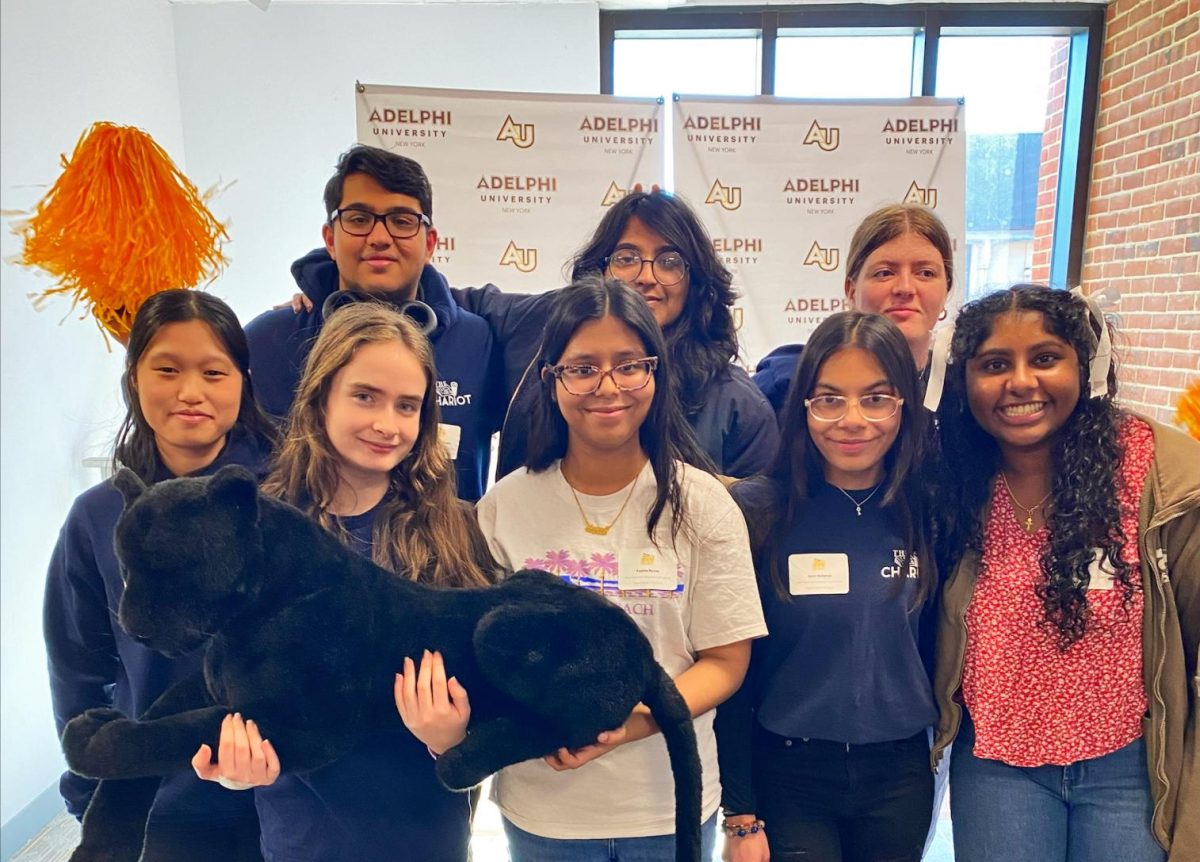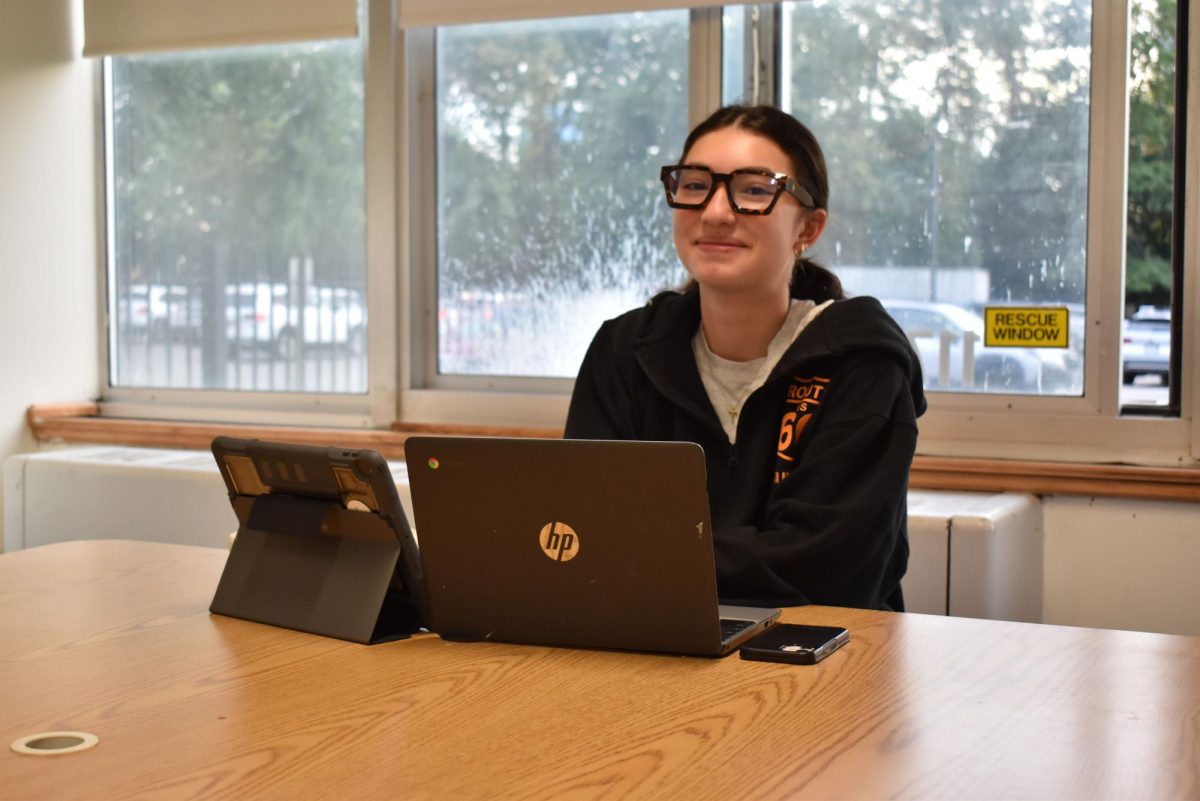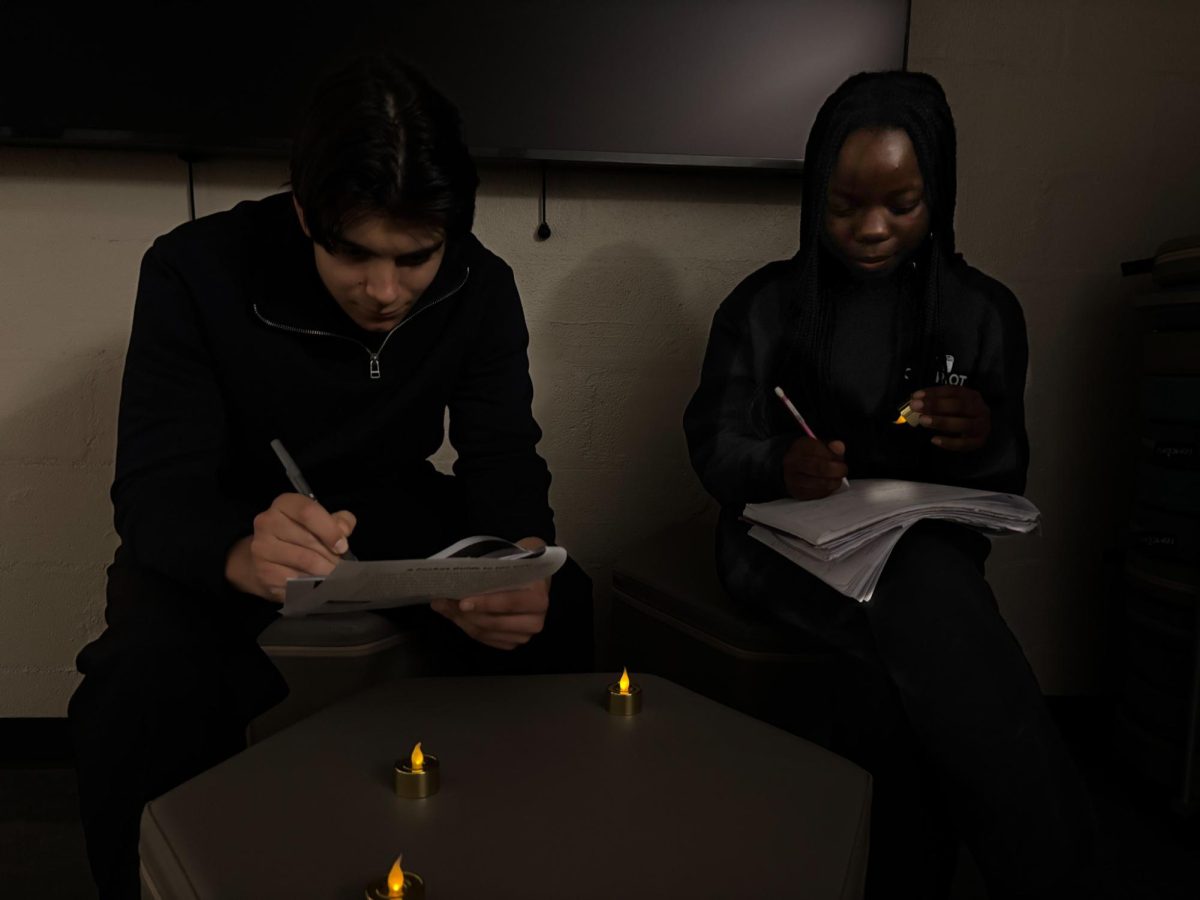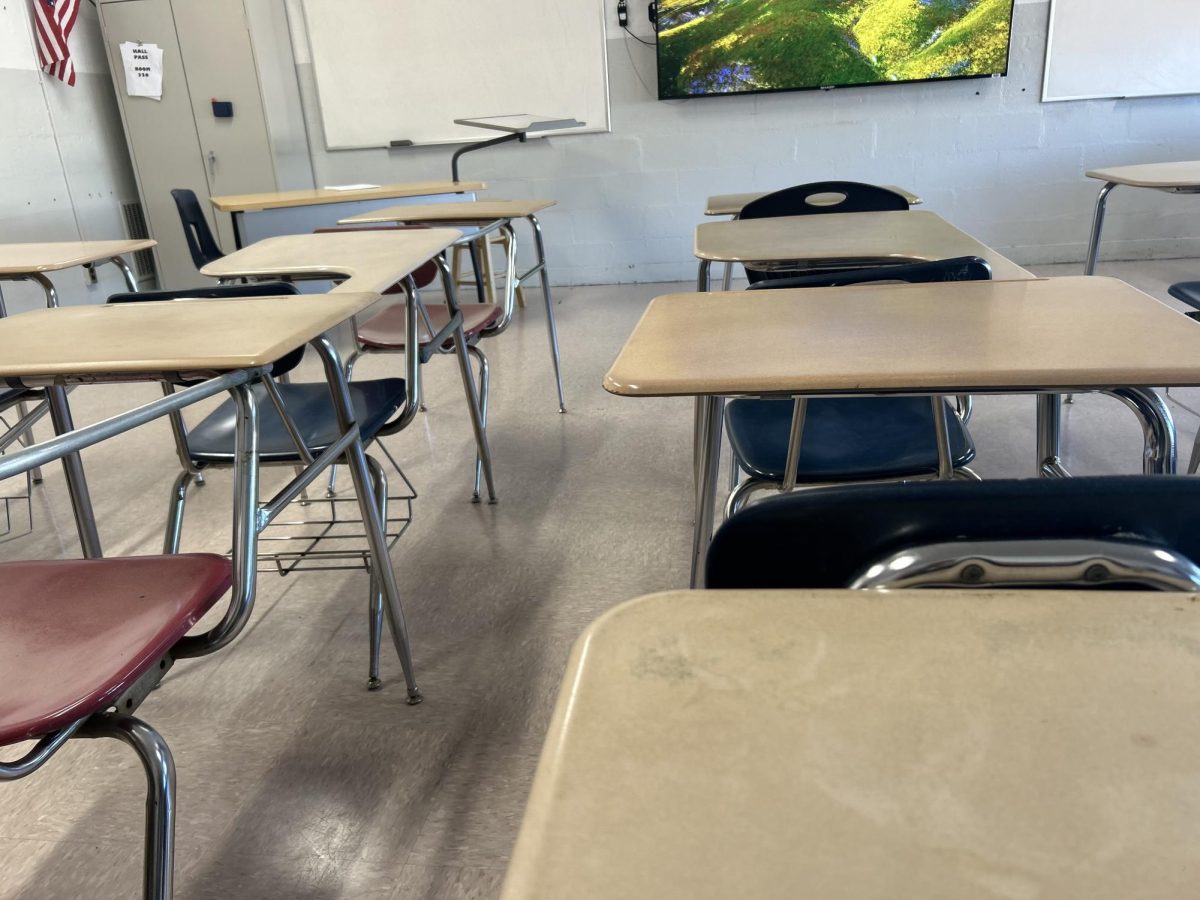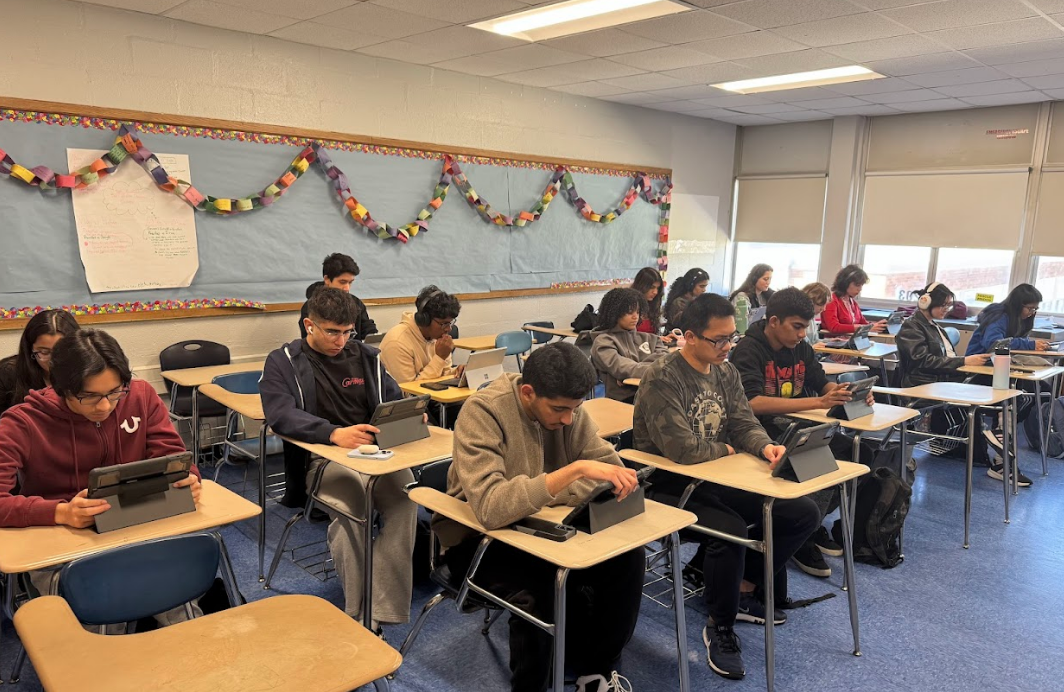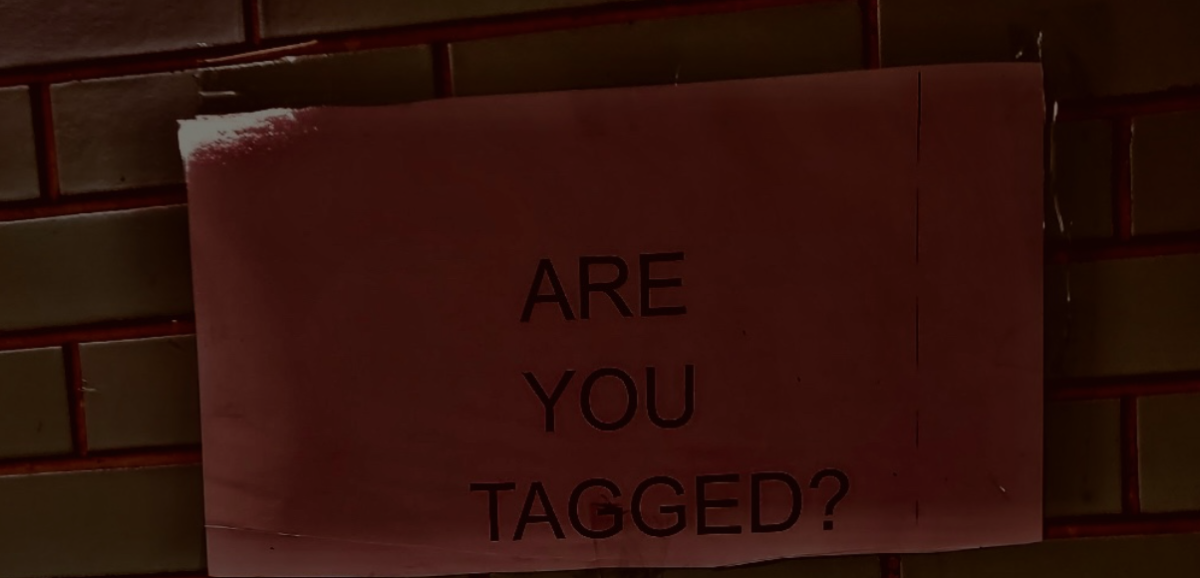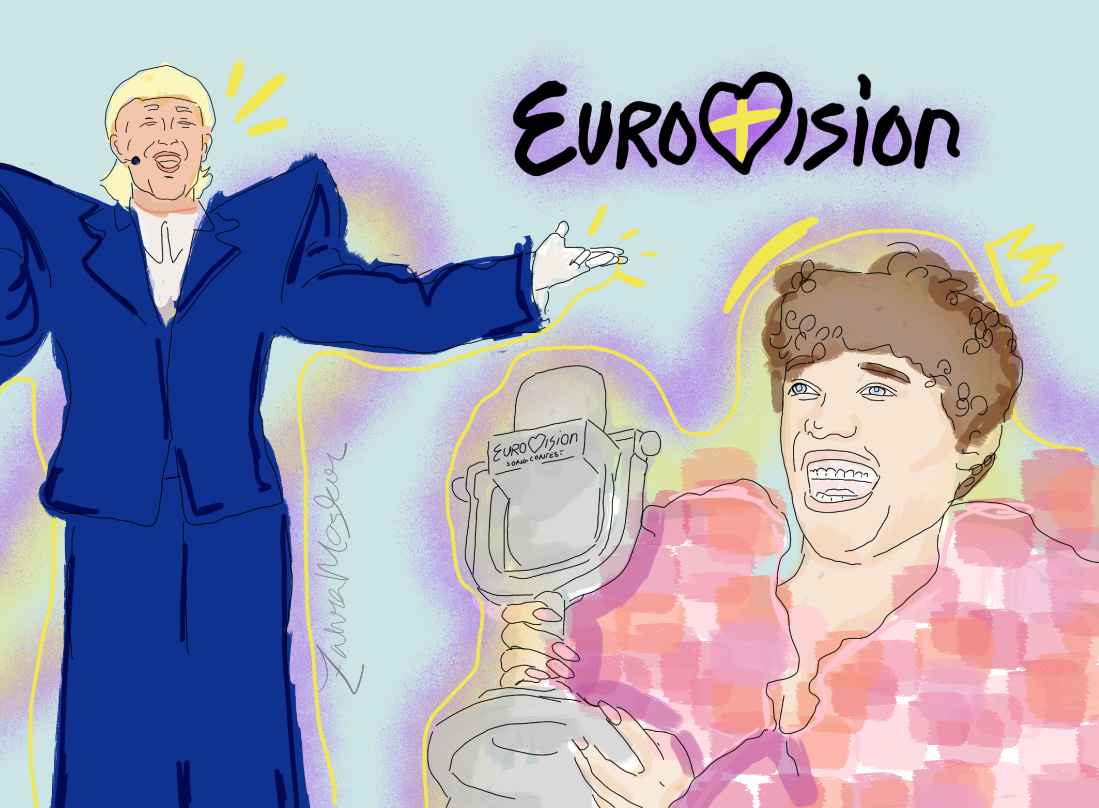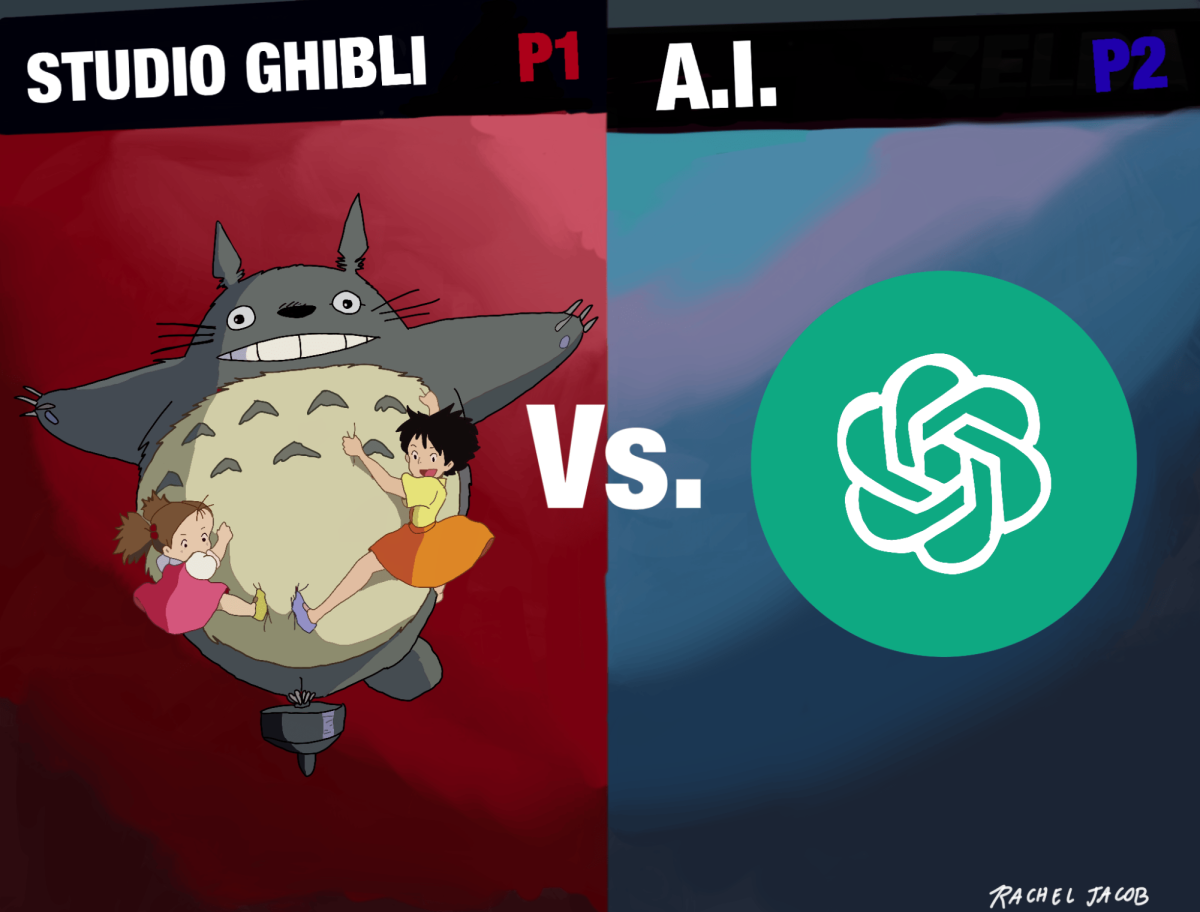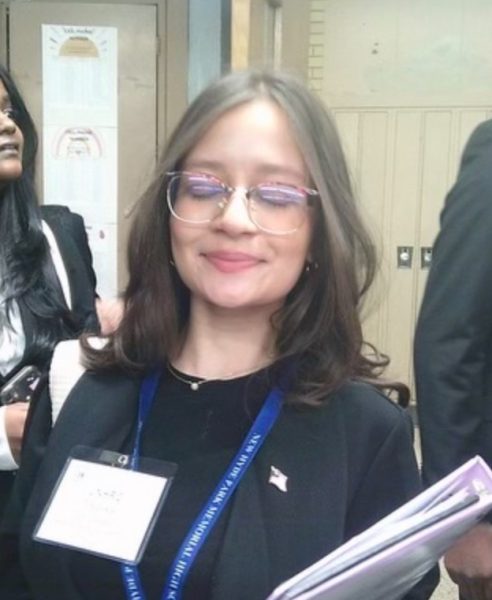The Eurovision Song Contest is an annual competition held between primarily European countries. This year’s edition was held in Malmö, Sweden, owing to the fact that Sweden won the competition last year. The semifinals were on May 7 and May 9, with the final being held May 11.
In the final, Switzerland’s entry “The Code” by Nemo, won the contest with 591 points. “The Code” is about Nemo’s non-binary gender identity and the comfort they feel after discovering it. The results in Eurovision are decided by a set of professional juries and the vote of those watching, called the televote. Switzerland won the jury vote handily, but lost the televote to Croatia with their entry “Rim Tim Tagi Dim” by Baby Lasagna; after taking the jury vote into account, Croatia ended up in second place. Rounding out the top five were Ukraine, France and Israel.
However, one entry is notably missing from this list, even though it had been previously expected to be a fan favorite. This is the entry from the Netherlands, which was “Europapa” by Joost Klein. On the day after the contest, it was the second most streamed song of the competition, the first being the winning entry. It had earned a close second place in the second televote-only semi-final, behind Israel, yet between the semi-final and the final, the Netherlands was disqualified from the contest due to an investigation run on the artist by the Eurovision review board as a result of speculations of a violent altercation with a reporter.
According to Dutch national broadcaster AVROTROS, Joost Klein had made a request to not be filmed after the end of his performance of the song “Europapa,” yet after a rehearsal on May 10, he had been recorded. In response, he allegedly made a “threatening move” towards the camerawoman; after deliberation, the European Broadcasting Union decided to disqualify him from the contest. Swedish police say that Joost’s actions were likely unlawful and the case has gone to prosecutors. This decision was met with mixed reactions from fans of the contest.
“Joost shouldn’t have been disqualified because it was self-defense,” freshman Ivan Mrakovic said. “Europapa is everywhere on social media.”
The disqualification of Joost Klein wasn’t the only major scandal affecting Eurovision 2024. The inclusion of Israel in the contest was also a source of controversy due to the ongoing war between Israel and Hamas. Swedish police estimated that there were more than ten thousand protestors outside of the concert hall demanding that Israel be removed from the competition.
“I personally don’t think we should include Israel or any nation that is in conflict with an opposing state, because we have already done that before with Russia,” senior Alvin Paul said.
In 2022, the EBU prevented Russia from participating in the Eurovision Song Contest that year, and every year since, due to the war between Russia and Ukraine. Events such as Eurovision and the Olympics are used broadly to convey “soft power,” where nations use competition and victory to show the strengths of their own nation—this is contrasted with “hard power,” which is military force.
“During the Cold War, the U.S. and Soviet Union used the Olympics as political proxies in 1980 and 1984, and to show their powers and to say that our system is better than theirs. If it didn’t matter, why would we keep track of how many medals we’ve won?” history teacher Mr. Rood said.
Eurovision attempts to stay apolitical, yet because the artists explicitly represent countries, it is an immense task for the EBU to appear neutral—and no solution will satisfy everyone. However, events like Eurovision also act as a uniting factor between otherwise unrelated countries, as evident by their slogan: “United By Music.”


